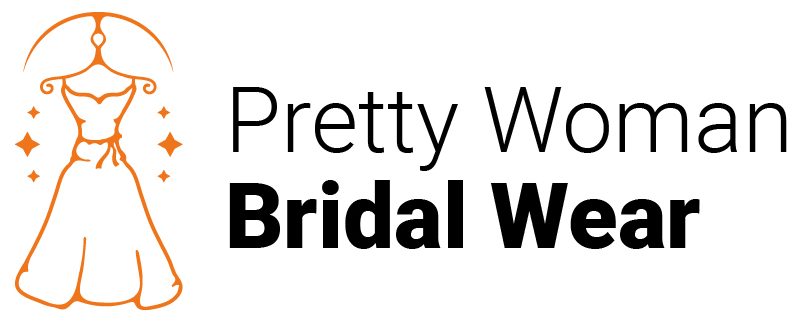Even before last week’s publication of Wednesday Martin’s semi-autobiographical, semi-anthropological book Primates of Park Avenue, much had been made of her expose of the supposedly widespread practice of “wife bonuses” – that is, rich, male executives in New York’s Upper East Side, paying their wives set amounts for homemaking.
Following Martin’s New York Times article about the issue in May, there have been reactions as well as reactions and counterreactions.
Polly Phillips, a so-called “glam SAHM” (Glamorous Stay-At-Home-Mum), was the subject of controversy when she published an article published in The NY Post on May 28 that explained her reasons for claiming a “wife bonus.” She explained the way in which she and her spouse “pays” her a percentage of his huge annual salary from the oil industry that she allegedly quickly spends on expensive clothing.
Her tone for her piece is rather obnoxious and, I’d say, tongue-in-cheek (it’s written in the form of “I get a wife bonus, and I deserve it so, STFU”). What’s interesting about Phillips’s account of the division of money within her marriage is that she declares”the “wife bonus” is “feminist”:
For me, there could be nothing more feminine than the idea that staying at home to care for our daughter along with the day-to-day tasks of cooking, ironing, washing, and tidying up — is equally worthy of a pay just as going to an outside job.
The Post comment section, as usual, slams Phillips’s extravagant spending habits and her status as a mother and asks if her husband’s alleged mistress will get an even bigger share. I’m cautious about (if not totally over) the internet “take downs” of women as ” bad feminists“.
Therefore, I’m not interested in the judgment of Phillips for her good or bad qualities. What I will say, however, is that the piece, as well as the comments, can provide a little insight into the significance of feminism in our current culture.
Feminism has become well-integrated into mainstream culture. That’s fabulous. Girls are now blogging about the culture of rape, scream out the sexism of their peers, and Beyonce can perform at the VMAs with an entire show of lights spelling out feminist.
Beyonce has boldly proclaimed feminist as a term. (c) MTV
We’ve seen Twitter and Tumblr wars over #feminismisforwhitewomen calling for intersectionality and Twitter solidarity for trans women’s comings out, most recently for Caitlyn Jenner.
They’re all fantastic! I am awed by how far women have come from my undergraduate days (no! not too long back!) when I was the only one to be a feminist in an academic course in cultural studies (what an amazing hero! ).
But – and I am not one to be a female killjoy the assertion that feminism is still the sole domain of women who are white is a serious issue. The claim made by Polly Phillips that living a lifestyle of a million-dollar bonus money for housework is feminism also suggests that it is still the realm of middle-class white women.
The discussion on feminists and the way we see feminism as a part of popular culture is primarily about civil rights within a Western democratic legal structure. These are great battles. In the patriarchy in which we live, rapists must be imprisoned.
Sexually explicit jokes must be labeled as oppressive. It’s a great thing that the world’s most famous pop star can boast about being a feminist and accept and even celebrate the gender self-declared gender.
All of this is utterly (generally) and praised by the mainstream media. Jenner appears on the front cover of Vanity Fair, Beyonce is highly obsessed, and the morning news can talk about rape in between informationmercials.
It’s because this form of feminism is not challenging the system that creates and sustains patriarchy and capital. The two are so inextricably linked that being a feminist can be a source of value. Feminists are trendy in the present. It’s time to return to Beyonce because it’s her name.



